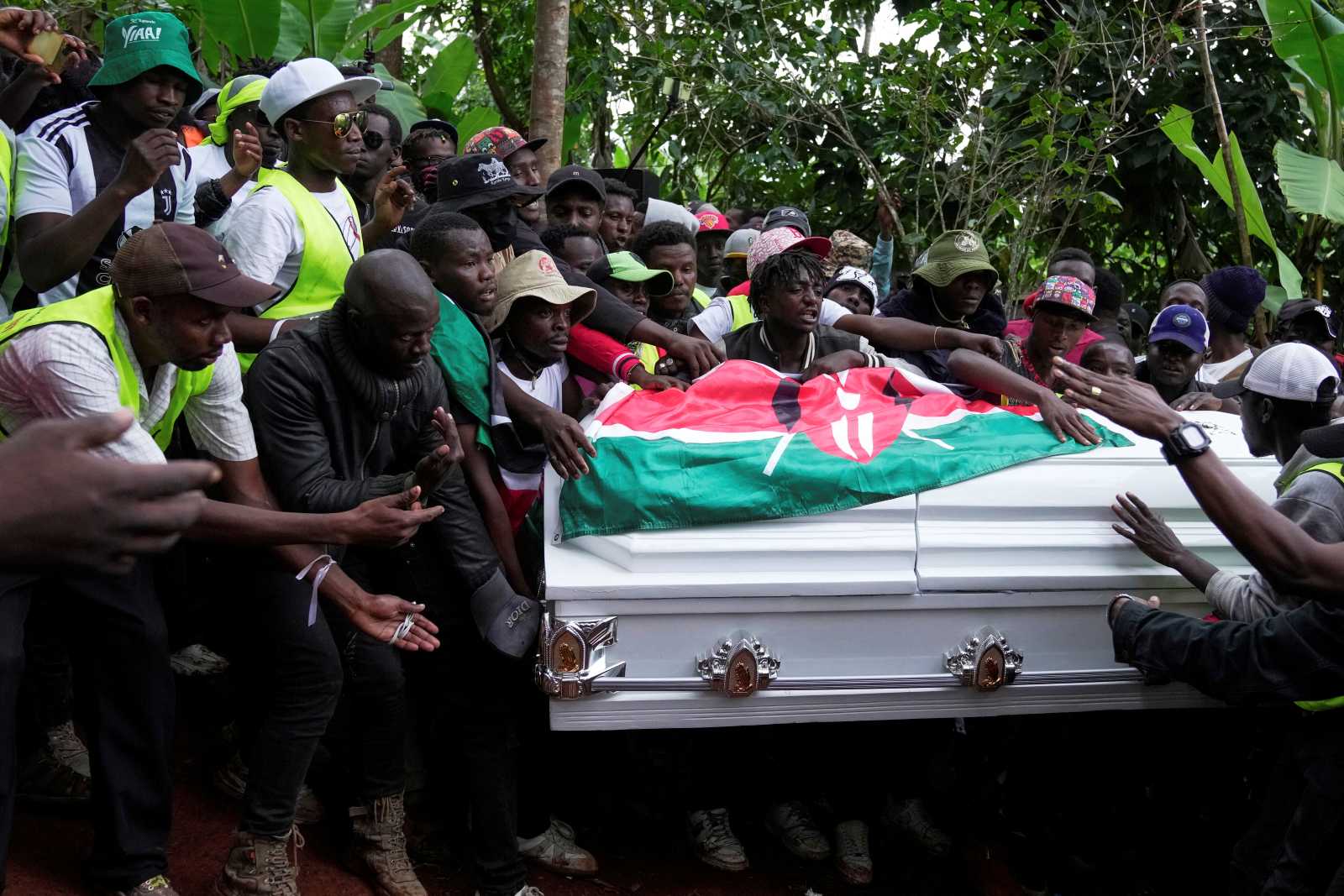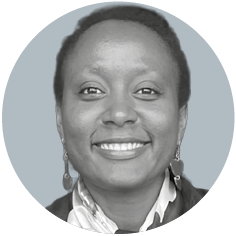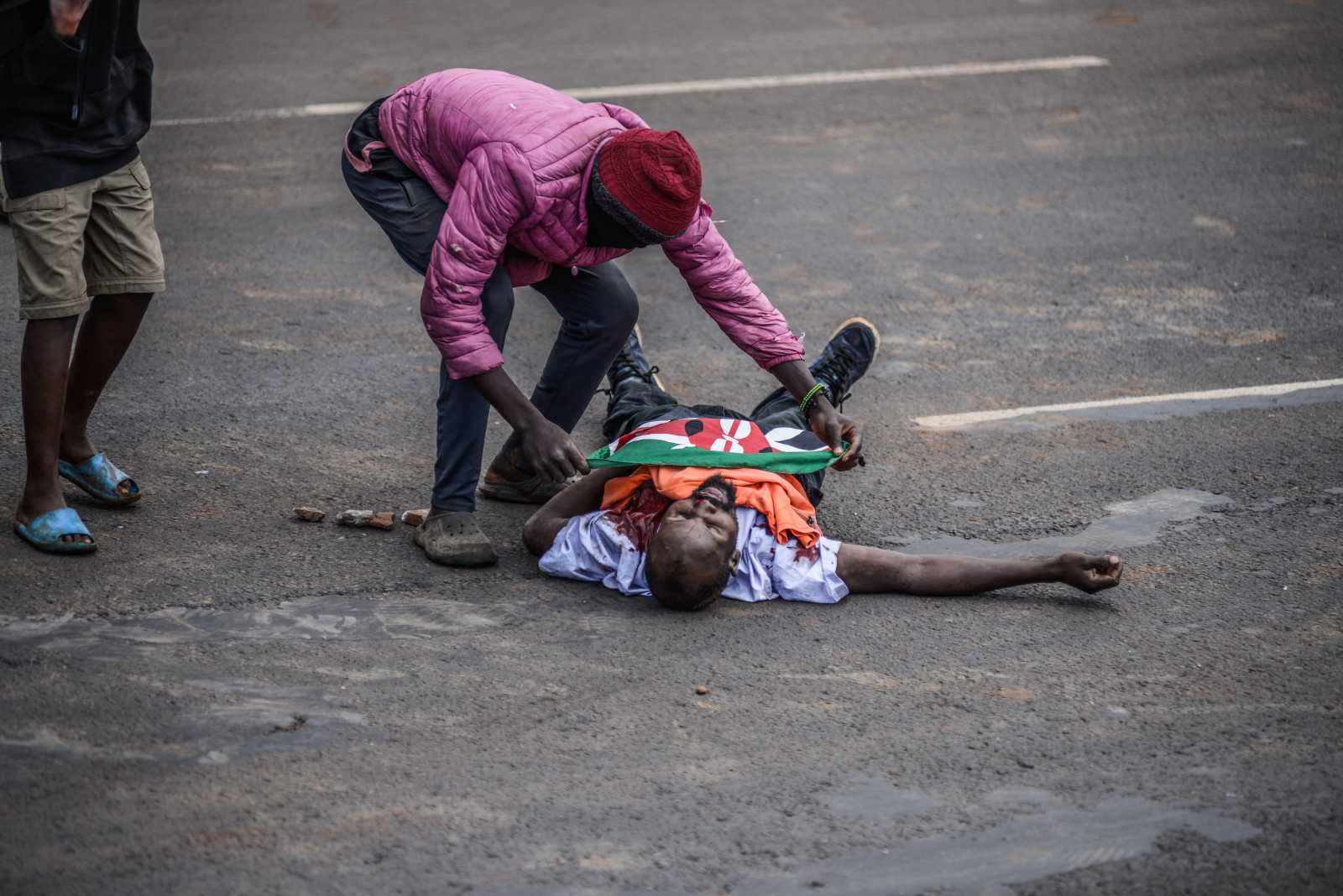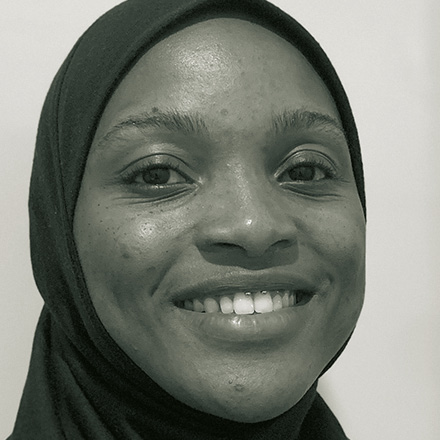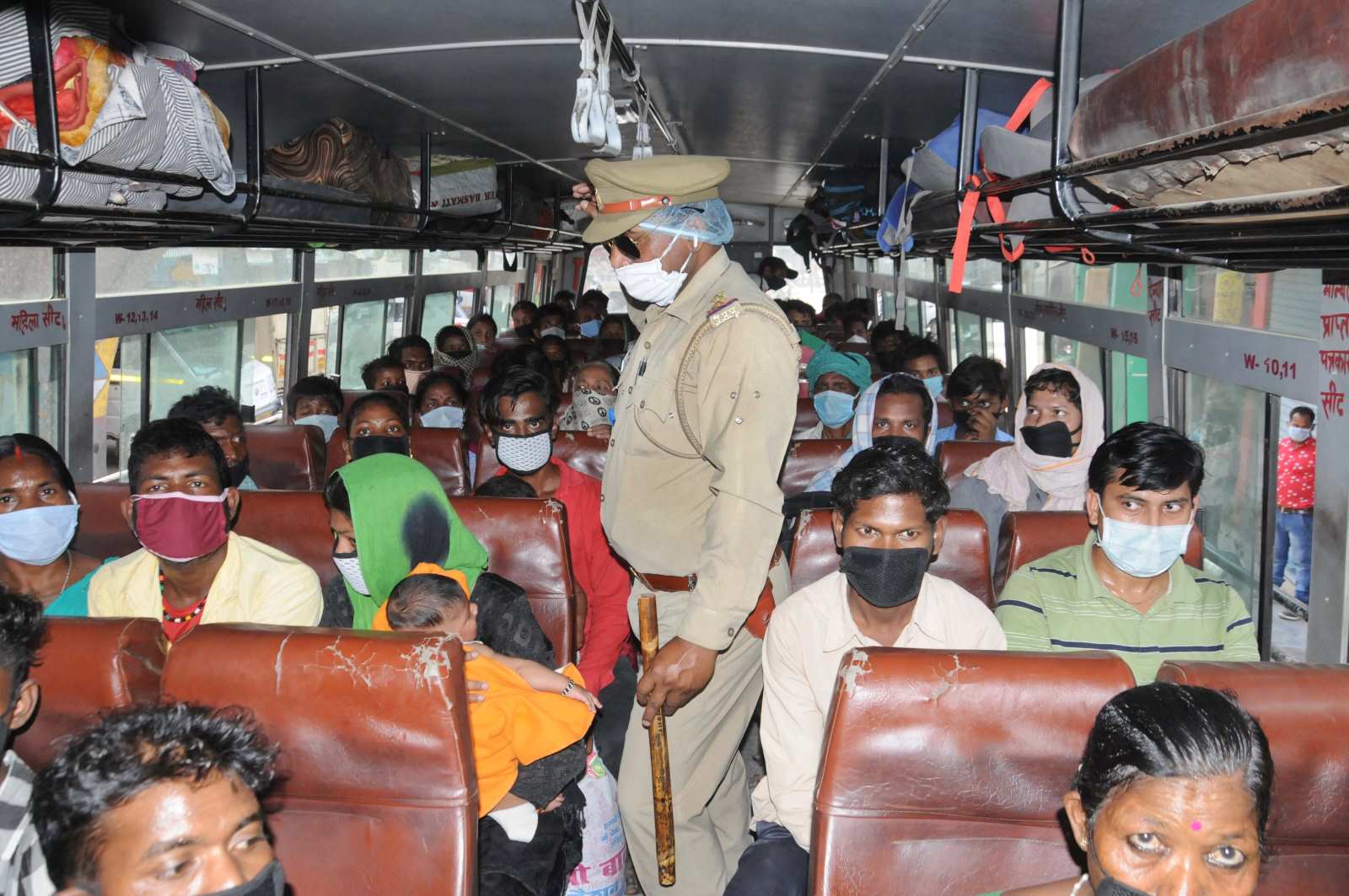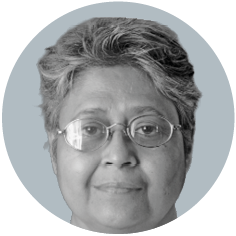Diverse society
White South Africans generally accept majority rule today
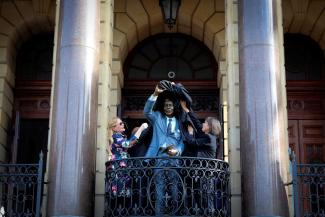
After nearly thirty years of democracy, the South Africa economy is in deep trouble. Economic growth has been minimal since the global financial crisis of 2008/09, while the population has continued to increase. The living standards of most citizens are stagnating or declining. About one third of the working-age population is unemployed. Poverty and inequality remain huge challenges. Black South Africans are languishing at the bottom of every significant indicator relating to wealth, income, opportunity et cetera.
In these dire circumstances, the white minority, by contrast, has mostly continued to enjoy a high standard of living. It is an easy target for those who want to blame scapegoats for the economy’s woes, as some black left-wingers indeed do.
Given South Africa’s history, this is unsurprising. Prior to 1994, South Africa was subject to domination by the white minority in political and economic terms. Repression was brutal (see Jakkie Cilliers A on www.dandc.eu). Black South Africans and anti-Apartheid forces generally dismissed all but a small minority of white South Africans as racist and reactionary. Most historians would agree that this assessment was quite accurate.
Controversial term “race”
“Race” is a politically most controversial. It has no scientific base in genetics. Any generalisation across any however defined “racial group” is inherently dangerous. As a matter of fact, the response of white South Africans to majority rule has not been homogenous.
In political terms, things have indeed changed dramatically. Black South Africans now dominate the three branches of government. The white minority of 4.8 million people (eight percent of the population) has had to adapt. How they have sought to do so is the topic of my recent book “Whites and democracy in South Africa”. Drawing on focus-group research and a growing body of academic literature, it shows that the minority community has displayed a remarkable diversity in political attitudes and behaviour.
On the one hand, most are quite pessimistic about the South African political and economic trajectory. They remain resentful about policies such as “Black economic empowerment”, which is designed to improve the opportunities of black-owned businesses, or “employment equity”, which reserves positions for black people (affirmative action).
On the other hand, most white people are pragmatic about their situation. They tend to recognise that they are far better off and enjoy more opportunities than masses of black South Africans. Some continue to contemplate emigration, notably because of fears about their physical security. Most, however, are determined to make the best of things and stay in South Africa. Many are indeed passionate about the country they consider their home.
Four different modes of adaptation
Broadly speaking, it is possible to identify four modes of white adaptation to democracy. There is a virtually unanimous recognition that there is no going back to Apartheid. Even better, three of the four groups basically understand that Apartheid was morally wrong.
- The first group consists of what I call the “armed opposers”. The good news is that far-right militias have been firmly repressed. During and after the democratic transition of the early 1990s, organisations such as the Afrikaner Weerstandsbewing of Eugene Terreblanche had tried to create havoc and spark an anti-black uprising among whites. Afrikaaners are the white community of Dutch descent. Fragments of militant white groups still exist, but the intelligence services are monitoring them closely and they do not pose a serious threat to democracy. The far-right has moved to the internet, where it pushes claims of white farmers and others facing a prospective genocide. Such claims are obviously absurd in the eyes of the vast majority of South Africans, including most members of the white minority. Even though the internet campaigns are endorsed by right-wing supremacists internationally, including some US Republicans, they lack traction in the “rainbow nation”, as Archbishop Desmond Tutu famously called the post-Apartheid country.
- The “passive resisters” are the second group. They recognise that they have no option but to accept the arrival of democracy. Nevertheless, they remain uncomfortable with the unfulfilled vision of equality that democracy implies. Some of these people consider leaving the country. The more common reaction has been “internal migration” into enclaves. Gated communities for white people keep emerging and growing in small towns and suburban areas. Moreover, Afrikaaners have a tendency of withdrawing into cultural spaces defined by their language, their Calvinist Protestantism and their thriving literature and film industry. In Afrikaaner-majority spaces, segregation persists.
- The third group are the “inclusive proponents”. They are white people who wholeheartedly embrace democracy. They include people with British, Dutch and other ethnic European backgrounds. Important constituents include families who opposed apartheid. Some directly supported the liberation movement, while others did so indirectly as trade-union activists or human-rights defenders. Today, this group includes many professionals – academically trained doctors, lawyers, clergy members, journalists et cetera. Many are known to criticise the ruling party ANC for its failure to fulfil the promises of making life better for all. This group includes young whites for whom diversity at school and university has been the norm. Many of them feel anguish as they struggle to reconcile their rejection of Apartheid with their love for parents and grandparents who benefited from it. Their experience is similar to what young Germans felt after World War II who contributed to entrenching democratic principles in the young Federal Republic.
- The fourth group are the “active proponents”, who take a rather different approach. They are determined to protect and pursue their specific interests with the tools democracy makes available. They accept majority rule, but are keen on fighting corruption and what they perceive as anti-white hate speech. Many of them are Afrikaaners. They focus on re-engaging their community in public life and rely on organisations such as Solidarity, which has developed out of the white Mineworkers Union. A prominent offshoot is Afriforum, an agency that specialises in using the courts to defend white interests. It is allied to right-wing populists including the AfD in Germany and the Trump-influenced Republicans in the USA and denies that Apartheid amounted to a crime against humanity.
Political parties
None of these modes of behaviour are discrete. They overlap and feed into each other. Nonetheless, they translate into distinct voting patterns. South Africans of all races vote according to their social and economic interests, so whites tend to vote for parties that defend established interests. Historically, they descend from parties that dominated the whites-only politics in the Apartheid era.
Most whites who vote, now vote for the Democratic Alliance (DA), which traces its descent from the liberal Progressive Party of Helen Suzman and Helen Zille, who both prominently opposed Apartheid. However, the DA has absorbed remnants of the formerly ruling National Party. On the other hand, the Freedom Front Plus, which is a revival of the far-right Conservative Party, is benefiting from discontent with the economy and the dysfunction of the ANC, the former liberation movement that became the dominant party in 1994.
It is no surprise that whites vote along more conservative lines than their black counterparts. Two aspects of their voting behaviour must be emphasised:
- Whites vote in proportionately greater numbers than their black counterparts, because they see how they can use constitutional means in defence of their material interests.
- Nonetheless, they share with black South Africans a declining enthusiasm for voting because of their dwindling faith in the country’s politicians.
The overall conclusion is that South Africa is in serious trouble, though not primarily due to “race”-driven identity politics. What the country urgently needs is a more dynamic and more inclusive economy (see Jakkie Cilliers on www.dandc.eu). After all, the dissatisfaction, which is evident on all sides, results from wide-spread poverty and a general lack of opportunities.
Reference
Southall, R., 2022: Whites and democracy in South Africa, Woodbridge, Suffolk, James Currey.
Roger Southall is emeritus professor in sociology of the University of the Witwatersrand.
roger.southall@wits.ac.za
